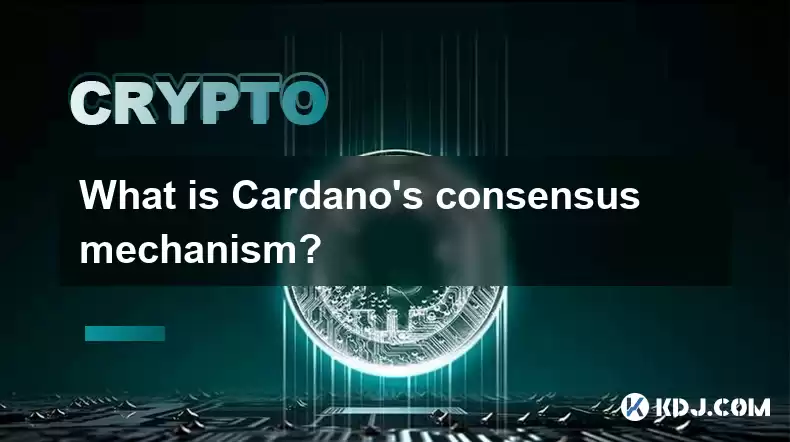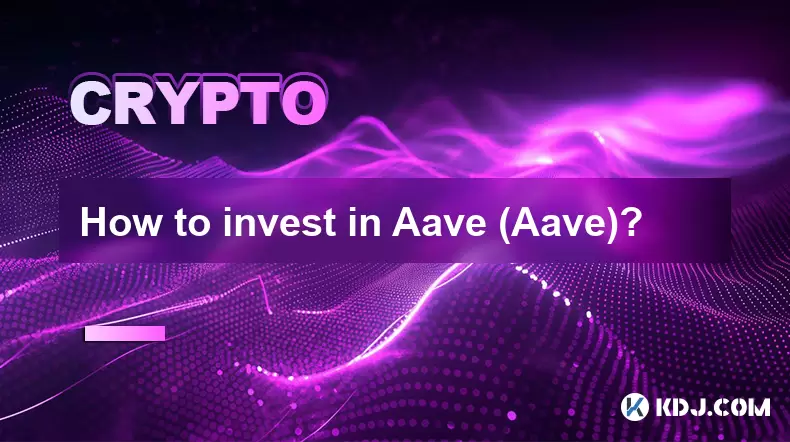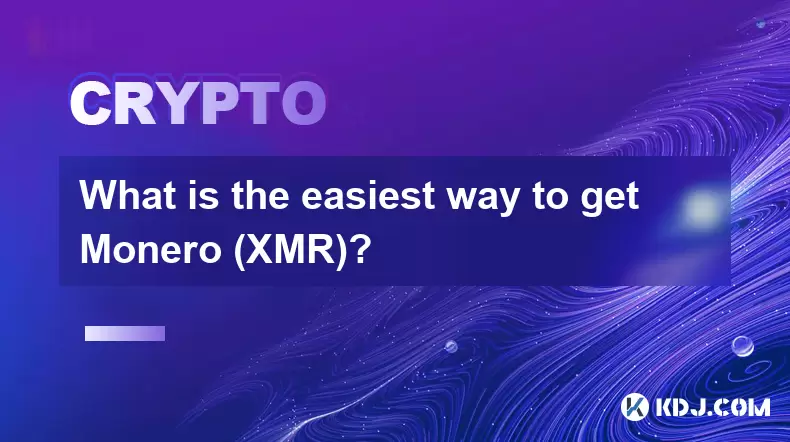-
 Bitcoin
Bitcoin $117400
1.88% -
 Ethereum
Ethereum $3867
5.29% -
 XRP
XRP $3.081
2.58% -
 Tether USDt
Tether USDt $1.000
0.03% -
 BNB
BNB $779.7
0.92% -
 Solana
Solana $171.8
2.11% -
 USDC
USDC $0.9999
0.01% -
 Dogecoin
Dogecoin $0.2172
5.80% -
 TRON
TRON $0.3413
1.41% -
 Cardano
Cardano $0.7641
3.06% -
 Hyperliquid
Hyperliquid $39.69
3.62% -
 Sui
Sui $3.731
6.73% -
 Stellar
Stellar $0.4125
3.55% -
 Chainlink
Chainlink $18.23
8.86% -
 Bitcoin Cash
Bitcoin Cash $579.5
1.41% -
 Hedera
Hedera $0.2538
4.02% -
 Ethena USDe
Ethena USDe $1.001
0.00% -
 Avalanche
Avalanche $22.81
2.82% -
 Litecoin
Litecoin $121.7
1.10% -
 UNUS SED LEO
UNUS SED LEO $8.962
-0.33% -
 Toncoin
Toncoin $3.324
2.94% -
 Shiba Inu
Shiba Inu $0.00001263
2.30% -
 Uniswap
Uniswap $10.24
4.95% -
 Polkadot
Polkadot $3.780
3.09% -
 Dai
Dai $1.000
0.03% -
 Bitget Token
Bitget Token $4.432
1.64% -
 Cronos
Cronos $0.1493
3.87% -
 Monero
Monero $256.7
-9.05% -
 Pepe
Pepe $0.00001092
3.99% -
 Aave
Aave $279.0
6.11%
What is Cardano's consensus mechanism?
Cardano's Ouroboros consensus mechanism efficiently validates blocks through Proof-of-Stake, enhancing sustainability, decentralization, and security.
Feb 15, 2025 at 10:18 pm

Key Points:
- Understand Cardano's Proof-of-Stake (PoS) consensus mechanism, Ouroboros.
- Explore the principles and benefits of PoS, including energy efficiency and decentralization.
- Examine the unique aspects of Ouroboros, such as slotted leader epochs and stake delegation.
- Learn about the ongoing development and future plans for Cardano's consensus mechanism.
What is Cardano's Consensus Mechanism?
Cardano's consensus mechanism is a vital component of its blockchain, ensuring the network's security, integrity, and decentralization. Known as Ouroboros, it is an innovative Proof-of-Stake (PoS) protocol designed to address the limitations of traditional Proof-of-Work (PoW) mechanisms.
Proof-of-Stake: The Core Principle
PoS is a consensus mechanism that utilizes stakeholders' holdings (i.e., stake) to determine their influence on block validation. Unlike PoW, which requires miners to solve complex equations by expending significant energy, PoS relies on stakeholders who validate blocks based on their stake in the network. By eliminating the need for costly and energy-intensive computations, PoS promotes sustainability and reduced environmental impact.
Ouroboros: Cardano's Custom PoS Protocol
Ouroboros is a custom-built PoS protocol specifically designed for the Cardano blockchain. It operates through a series of carefully defined epochs or time slots, within which specific stakeholders are selected as "slot leaders." These slot leaders are responsible for proposing and validating new blocks, ensuring the integrity and chronological order of the blockchain.
Slotted Leader Epochs: Ensuring Efficient Block Production
In Ouroboros, time is divided into epochs, each consisting of multiple slots. During each epoch, a unique set of validators is selected to serve as slot leaders, responsible for proposing new blocks. This approach enhances efficiency by ensuring that only a limited number of nodes are actively involved in block production at any given time.
Stake Delegation: Empowering Non-Validating Stakeholders
Cardano's Ouroboros protocol allows stakeholders who do not wish to directly participate in block validation to delegate their stake to stake pools. By pooling their resources, smaller stakeholders can collectively influence the selection of slot leaders, thereby maintaining a decentralized network without excluding those with limited technical capabilities or resources.
Ongoing Development and Future Plans
The Cardano team is continuously refining and upgrading Ouroboros to further enhance its functionality and security. Recent developments include the implementation of the Hydra scaling solution to increase transaction throughput and reduce latency. Additionally, the team is exploring post-quantum cryptography for future-proofing against potential technological advancements that could threaten the protocol's security.
FAQs:
1. What are the advantages of Ouroboros over other PoS mechanisms?
Ouroboros utilizes a sophisticated randomization process to select slot leaders, reducing the risk of collusion and ensuring fairness. It also employs a layered security approach, combining practical Byzantine fault tolerance (pBFT) with PoS, enhancing the overall robustness of the network.
2. How does stake delegation impact the consensus process?
Stake delegation allows non-validating stakeholders to participate in securing the network and potentially earn rewards. By distributing stake across multiple stake pools, decentralization is maintained, preventing any single entity from dominating the validation process.
3. How does Ouroboros contribute to Cardano's energy efficiency?
By eliminating the need for energy-intensive computations used in PoW, Ouroboros significantly reduces Cardano's carbon footprint. Additionally, the protocol's efficient block production mechanism minimizes unnecessary energy consumption.
Disclaimer:info@kdj.com
The information provided is not trading advice. kdj.com does not assume any responsibility for any investments made based on the information provided in this article. Cryptocurrencies are highly volatile and it is highly recommended that you invest with caution after thorough research!
If you believe that the content used on this website infringes your copyright, please contact us immediately (info@kdj.com) and we will delete it promptly.
- Pi Coin's dApp and AI Potential: Building a Decentralized Future
- 2025-08-08 02:30:12
- Ruvi AI Takes the Lead: Outshining Dogecoin on CoinMarketCap
- 2025-08-08 02:50:12
- Memecoins, Low-Cap Gems, and the Hunt for 10,000x Gains: What's Next?
- 2025-08-08 02:50:12
- Bitcoin, Greenidge, and Liquidity: Navigating the Crypto Currents in NYC
- 2025-08-08 02:30:12
- Crypto Phishing Alert: $3 Million USDT Loss Highlights DeFi Risks
- 2025-08-08 01:10:12
- Crypto Presale Mania: Is Punisher Coin the High ROI King?
- 2025-08-08 01:10:12
Related knowledge

Where can I buy UMA (UMA)?
Aug 07,2025 at 06:42pm
Understanding UMA and Its Role in Decentralized FinanceUMA (Universal Market Access) is an Ethereum-based decentralized finance (DeFi) protocol design...

What exchanges support buying IOTA (MIOTA)?
Aug 07,2025 at 09:58pm
Understanding the Role of Private Keys in Cryptocurrency SecurityIn the world of cryptocurrency, private keys are the cornerstone of ownership and con...

What is the best app to buy EOS?
Aug 07,2025 at 04:35pm
Understanding EOS and Its Role in the Cryptocurrency EcosystemEOS is a blockchain platform designed to support decentralized applications (dApps) with...

What platforms support buying Fantom (FTM)?
Aug 08,2025 at 01:56am
Overview of Fantom (FTM) and Its EcosystemFantom (FTM) is a high-performance, scalable, and secure layer-1 blockchain designed to overcome the limitat...

How to invest in Aave (Aave)?
Aug 08,2025 at 01:07am
Understanding Aave (AAVE) and Its Role in DeFiAave is a decentralized finance (DeFi) protocol that enables users to lend, borrow, and earn interest on...

What is the easiest way to get Monero (XMR)?
Aug 08,2025 at 02:56am
Understanding Monero (XMR) and Its Privacy FeaturesMonero (XMR) is a privacy-focused cryptocurrency that ensures complete anonymity in transactions th...

Where can I buy UMA (UMA)?
Aug 07,2025 at 06:42pm
Understanding UMA and Its Role in Decentralized FinanceUMA (Universal Market Access) is an Ethereum-based decentralized finance (DeFi) protocol design...

What exchanges support buying IOTA (MIOTA)?
Aug 07,2025 at 09:58pm
Understanding the Role of Private Keys in Cryptocurrency SecurityIn the world of cryptocurrency, private keys are the cornerstone of ownership and con...

What is the best app to buy EOS?
Aug 07,2025 at 04:35pm
Understanding EOS and Its Role in the Cryptocurrency EcosystemEOS is a blockchain platform designed to support decentralized applications (dApps) with...

What platforms support buying Fantom (FTM)?
Aug 08,2025 at 01:56am
Overview of Fantom (FTM) and Its EcosystemFantom (FTM) is a high-performance, scalable, and secure layer-1 blockchain designed to overcome the limitat...

How to invest in Aave (Aave)?
Aug 08,2025 at 01:07am
Understanding Aave (AAVE) and Its Role in DeFiAave is a decentralized finance (DeFi) protocol that enables users to lend, borrow, and earn interest on...

What is the easiest way to get Monero (XMR)?
Aug 08,2025 at 02:56am
Understanding Monero (XMR) and Its Privacy FeaturesMonero (XMR) is a privacy-focused cryptocurrency that ensures complete anonymity in transactions th...
See all articles

























































































